After the first third of Bulgarian Literature Month at the Global Literature in Libraries Initiative – editor/curator is yours truly -, I can say that it is a lot of work, but also a lot of fun. The correspondence with and reactions of contributors, readers, and even authors are so far very encouraging.
Here an overview regarding the published blog posts until now:
Bulgarian Literature Month – a short introduction
Promoting Bulgarian Literature in the Anglosphere: Interview with Milena Deleva, Managing Director of the Elizabeth Kostova Foundation
The Satire of Alek Popov (by Ellis Shuman)
Georgi Gospodinov’s Natural Novel (by Scott Bailey)
Albena Stambolova’s Everything Happens As It Does (by Jean Ping)
Blagovest Sendov: John Atanasoff – The Electronic Prometheus
“Our bitter beloved borderless Balkans”: Kapka Kassabova’s Border (by Dorian Stuber)
Bulgarian Poetry in English Translation: Anthologies – an overview
Bulgarian Poetry in English Translation (II): the pre-1944 period
Bulgarian Poetry in English Translation (III/1): the period 1944-1989 – Konstantin Pavlov
Marina Konstantinova: The White Coast
Several of the blog posts have been re-blogged, shared or re-tweeted, some of our reviewers also spread the word, and this little piece by Scott Bailey made me smile (especially the headline of the article).
I am expecting some extremely interesting contributions in the upcoming days. Check it out and spread the word about #BulgarianLiteratureMonth – thank you!
© Thomas Hübner and mytwostotinki.com, 2014-8. Unauthorized use and/or duplication of this material without expressed and written permission from this blog’s author and/or owner is strictly prohibited. Excerpts and links may be used, provided that full and clear credit is given to Thomas Hübner and mytwostotinki.com with appropriate and specific direction to the original content.





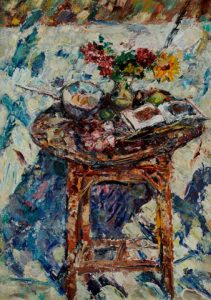
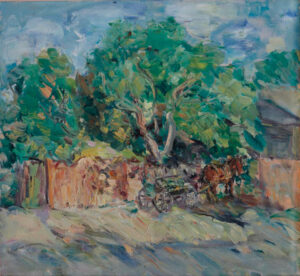
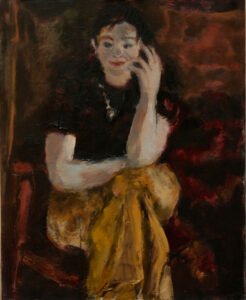
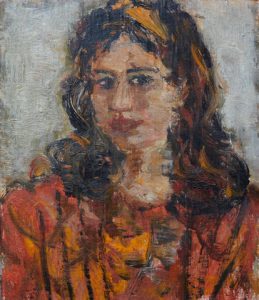
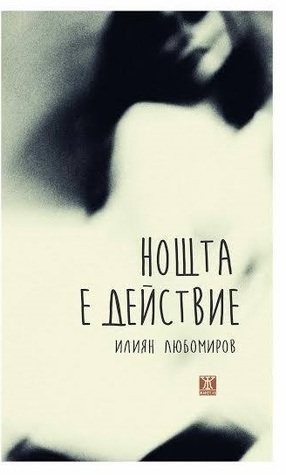
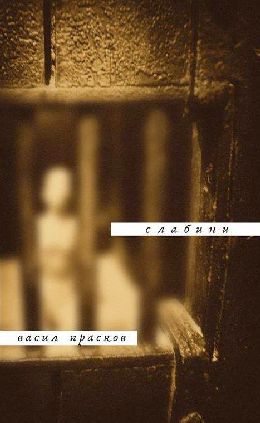


 Facebook
Facebook RSS
RSS Twitter
Twitter